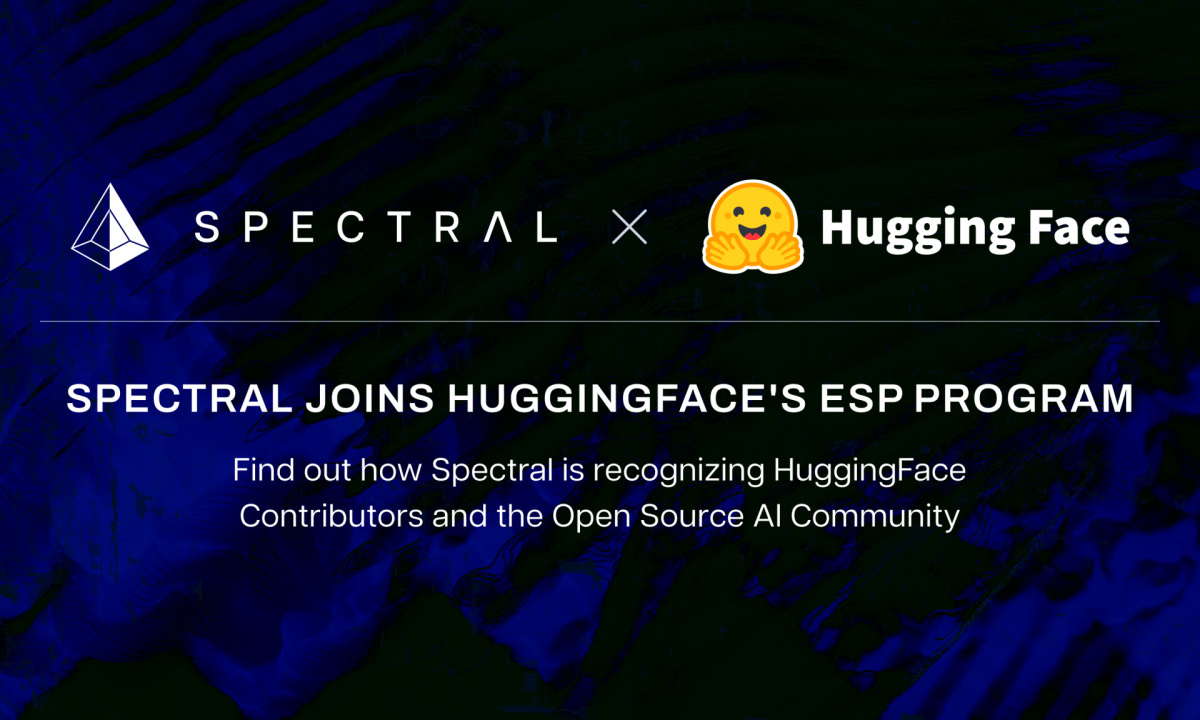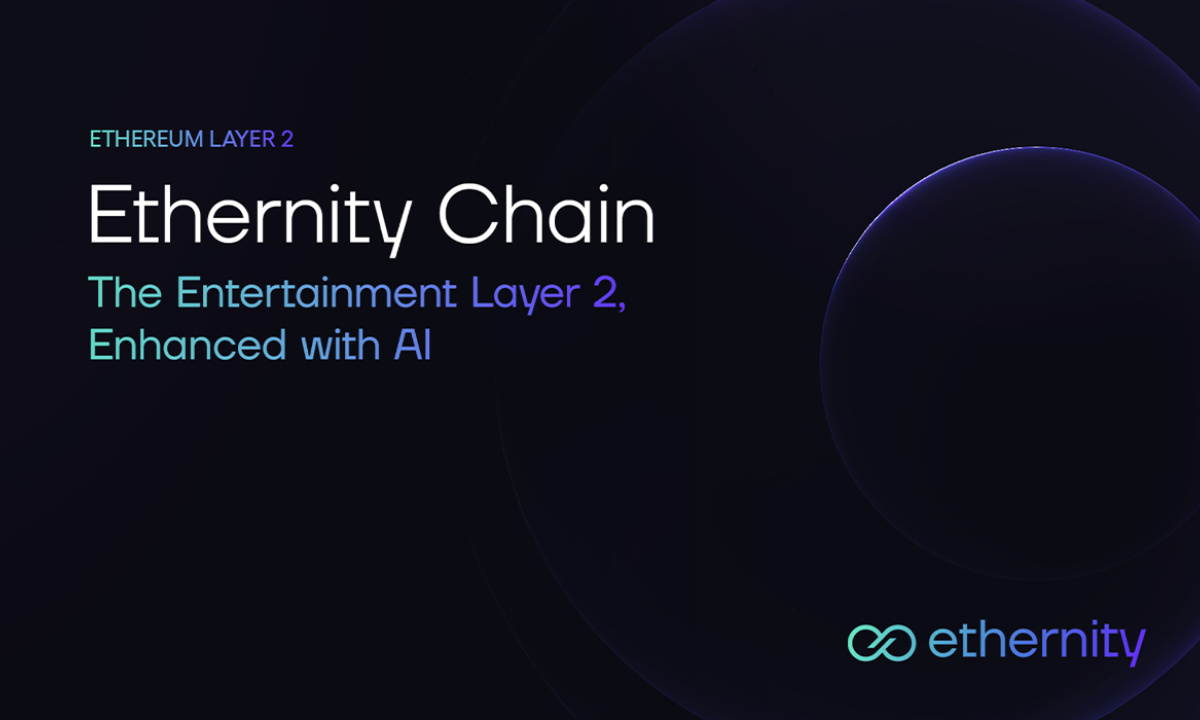Vitalik’s Singapore Talk Solves 20-Byte and Statelessness Dilemmas
Key Points:
- Vitalik highlights the potential of statelessness, optimizing efficiency.
- With statelessness, managing an 8 TB state becomes acceptable.
- Vitalik emphasizes solving the 20-byte address problem for long-term blockchain security.
Ethereum co-founder Vitalik Buterin shed light on critical aspects of blockchain technology, focusing on the challenges of statelessness and the need to address the 20-byte address problem.
One of the central themes of his discourse was the concept of statelessness within the blockchain. Vitalik emphasized that if the blockchain network achieves statelessness and employs Protocol Buffers (PBS), the issue of state expiry becomes relatively low priority. In fact, he argued that even managing an 8 TB state would be deemed acceptable. This revelation showcases the ongoing evolution of blockchain technology, emphasizing the importance of optimizing network efficiency.
However, Vitalik’s speech also highlighted the pressing need to resolve the 20-byte address problem. This issue is of paramount importance not only for state expiry but also for long-term security reasons. In the context of blockchain, addresses are a fundamental component, serving as the foundation for transactions and interactions. Ensuring the integrity and functionality of these addresses is essential for the sustainability and security of the blockchain ecosystem.
Vitalik’s insights in Singapore resonate with the broader blockchain community, as they underscore the continuous pursuit of scalability, efficiency, and security within blockchain networks. Statelessness, while a formidable challenge, offers the promise of enhanced network performance and resource management. Simultaneously, addressing the 20-byte address problem is crucial for safeguarding the long-term viability and integrity of blockchain technology.
DISCLAIMER: The information on this website is provided as general market commentary and does not constitute investment advice. We encourage you to do your own research before investing.




















